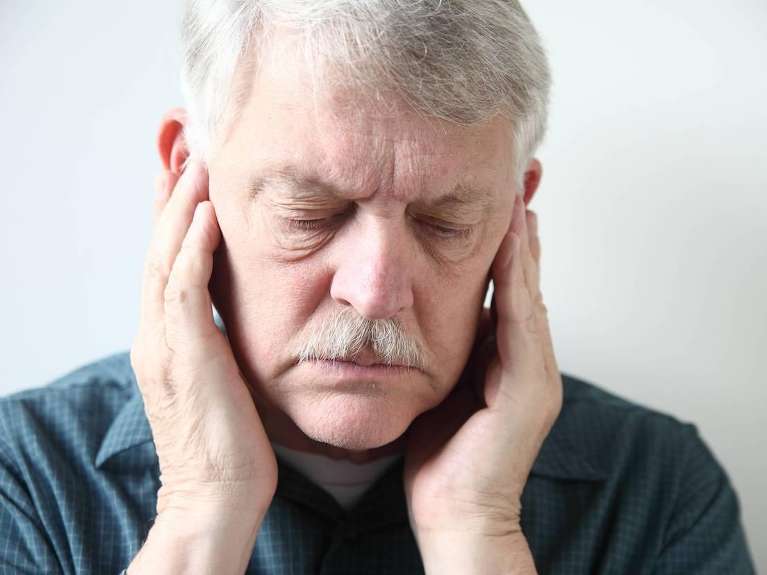
Ear Pain After Tooth Extraction is a frequent occurrence following this routine dental procedure, typically carried out for reasons such as impacted wisdom teeth, extensive decay, or fractured teeth. Despite the anticipation of some discomfort and swelling post-extraction, the additional sensation of ear pain may come as a surprise to many. In this discussion, we’ll explore the reasons behind the manifestation of ear pain after tooth extraction, strategies for its management, and the appropriate timing for seeking professional assistance.
The Connectedness of Your Head: Nerves and Inflammation
Our heads are intricate structures with nerves that run throughout the jaw, face, and even into the ears. These nerves play a crucial role in sending pain signals to the brain. The dentist might need to manipulate or irritate these nerves during a tooth extraction, particularly involving lower wisdom teeth or molars. This irritation can sometimes be misinterpreted by the brain, leading to referred pain in the ear, even though the source of the discomfort lies in the mouth.
Inflammation is another significant factor contributing to ear pain after a tooth extraction. The body’s natural response to any injury is to send white blood cells to the area to promote healing. This influx of cells can cause swelling around the extraction site. When this swelling affects tissues near the jaw joint or the trigeminal nerve (a major nerve in the face), it can radiate pain to the ear.
Common Scenarios Leading to Ear Pain After Tooth Extraction
Wisdom Teeth Removal:
Due to their location at the back of the jaw and proximity to the ear canal, wisdom tooth extractions frequently cause referred pain to the ear. The extensive surgical procedure often involves more manipulation and potential nerve irritation.
Lower Molar Extractions:
Similar to wisdom teeth, lower molars are close to the nerves that innervate the ear. Inflammation after extraction in this area can easily radiate discomfort to the ear.
Sinus Issues:
In some cases, toothaches or pain following an extraction can be mistaken for earaches. If you have pre-existing sinus problems, they might worsen after a tooth extraction due to the interconnectedness of the sinuses and the roots of the upper teeth.
Tips for Managing Ear Pain After Tooth Extraction
While ear pain after tooth extraction can be unsettling, there are ways to manage the discomfort and promote healing:
Pain Medication:
Over-the-counter pain relievers like ibuprofen or acetaminophen can effectively reduce pain and inflammation, offering relief from ear discomfort.
Ice Packs:
Applying an ice pack wrapped in a thin cloth to the extraction site for 15-minute intervals can help reduce swelling and associated ear pain.
Warm Compresses:
Once the initial swelling subsides (usually after 24-48 hours), applying warm compresses can increase blood flow and promote healing, potentially easing ear pain.
Elevation:
Keep your head elevated when sleeping or resting by using extra pillows. This helps reduce swelling and minimize pressure buildup in the extraction area, which can contribute to ear pain.
Rest:
Allow your body ample time to heal. Avoid strenuous activities and ensure you get enough sleep to facilitate the healing process.
Maintain Oral Hygiene:
Gently brush and floss your teeth as instructed by your dentist. This helps prevent infection, which can worsen pain and discomfort.
When to See a Dentist Encino for Ear Pain After Extraction
While ear pain after a tooth extraction is often temporary and resolves on its own within a few days, there are situations where seeking professional help from a dentist in Encino becomes necessary. Here’s when to schedule an appointment:
Severe or Persistent Pain:
If the ear pain is severe, unrelieved by medication, or worsens progressively, consult your dentist.
Signs of Infection:
If you experience fever, chills, pus drainage from the extraction site, or a foul taste in your mouth, these could be signs of infection, and you need to see your dentist promptly.
Prolonged Pain:
If the ear pain persists beyond a few days (typically 3-4 days), even with home care and medication, contact your dentist to rule out any complications.
Numbness or Tingling:
Persistent numbness or tingling around the extraction site or ear can indicate nerve damage. While this is uncommon, it’s crucial to have it evaluated by a dentist.
Ear pain after a tooth extraction, particularly involving lower wisdom teeth or molars, is a relatively common occurrence due to the intricate network of nerves in the head and jaw. It’s usually temporary and manageable with pain medication, ice packs, and proper care. However, if the pain is severe, persistent, or accompanied by other symptoms like fever or infection, seeking professional help from a dentist is essential. By understanding the causes and following these tips, you can effectively manage ear pain after tooth extraction and ensure a smooth recovery.